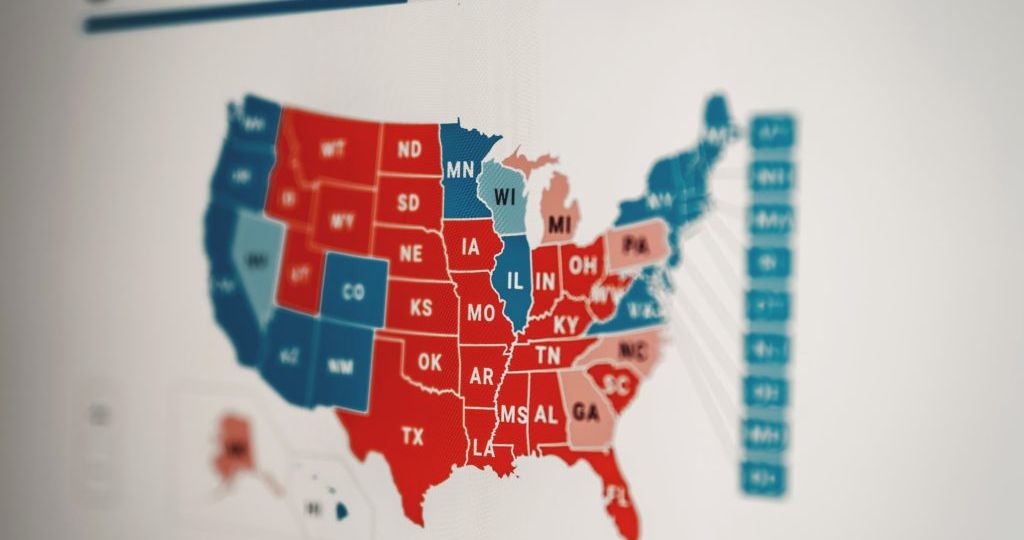
Last week certainly felt like a rollercoaster as news outlets waited until Saturday morning to declare Joe Biden as the president-elect, a full four days after Election Day in the US. Although party control of the Senate will likely be decided in January, with two run-off elections in Georgia, the last week provided a powerful reminder of the importance of staying disciplined.
In last month’s blog, we detailed how changes in America’s President have not adversely impacted stock market performance historically. We urged our clients to focus on your long term goals rather than letting the election influence how you invest in the short term. That advice paid off as US stocks posted gains in four out of five days last week – returning 7.5% over that time.1 Markets have historically rewarded investors that have been able to tune out short-term noise, including events that may cause concern or anxiety, and stay disciplined by focusing on the things we can control rather than the things we can’t. In particular:
- Letting changes to your financial outlook, spending needs, or risk tolerance drive changes to your asset allocation.
- Maintaining a structured rebalancing policy by making trades in your portfolio whenever it moves out of tolerance from your target asset allocation.
- Diversifying globally. Although the US Presidential election has a global impact, holding securities across many different markets can help reduce volatility and manage risk.
- Manage expenses and turnover.
- Stay disciplined by avoiding reactive investing and looking beyond the headlines.
So far in November, investors have cast bets that it will be difficult for Democrats to pass sweeping legislative changes under Biden as it becomes increasingly likely that there will be a divided government, with Democrats controlling the House and Presidency, and Republicans retaining control of the Senate. Markets have reacted favorably to this news, as it limits the chances of changes that may negatively impact corporate earnings, such as a move to raise corporate taxes. While it’s certainly still possible for Democrats to flip the Senate come January, the recent market rally has been largely due to the following expectations for the new government:
- Stimulus Measures: Additional fiscal stimulus is likely; however, it’s not expected to be as significant as if Democrats won across the board. The reduced government spending reduces the potential for inflation and as a result bond yields have fallen and bond prices have gained.
- Taxes: Changes in personal or corporate tax rates are unlikely.
- Regulations: Any additional regulations are likely to be limited, with slimmer chances of a tougher anti-trust environment.
- Infrastructure: Spending relating to infrastructure is expected to pick up.
- Trade: A return to more predictable trade and foreign policy is expected. Bipartisan support for a more competitive stance on China means that rivalry is set to stay elevated.
A divided government would limit the Biden administration’s ability to enact sweeping legislative changes to the tax code, healthcare, and fiscal spending and would likely result in more moderate legislative changes which the stock market has historically favored. Although expectations may change based on who controls the Senate come next year, markets have so far reacted favorably to the reduced uncertainty surrounding US elections, combined with expectations that a divided government could result in more modest policy measures.

